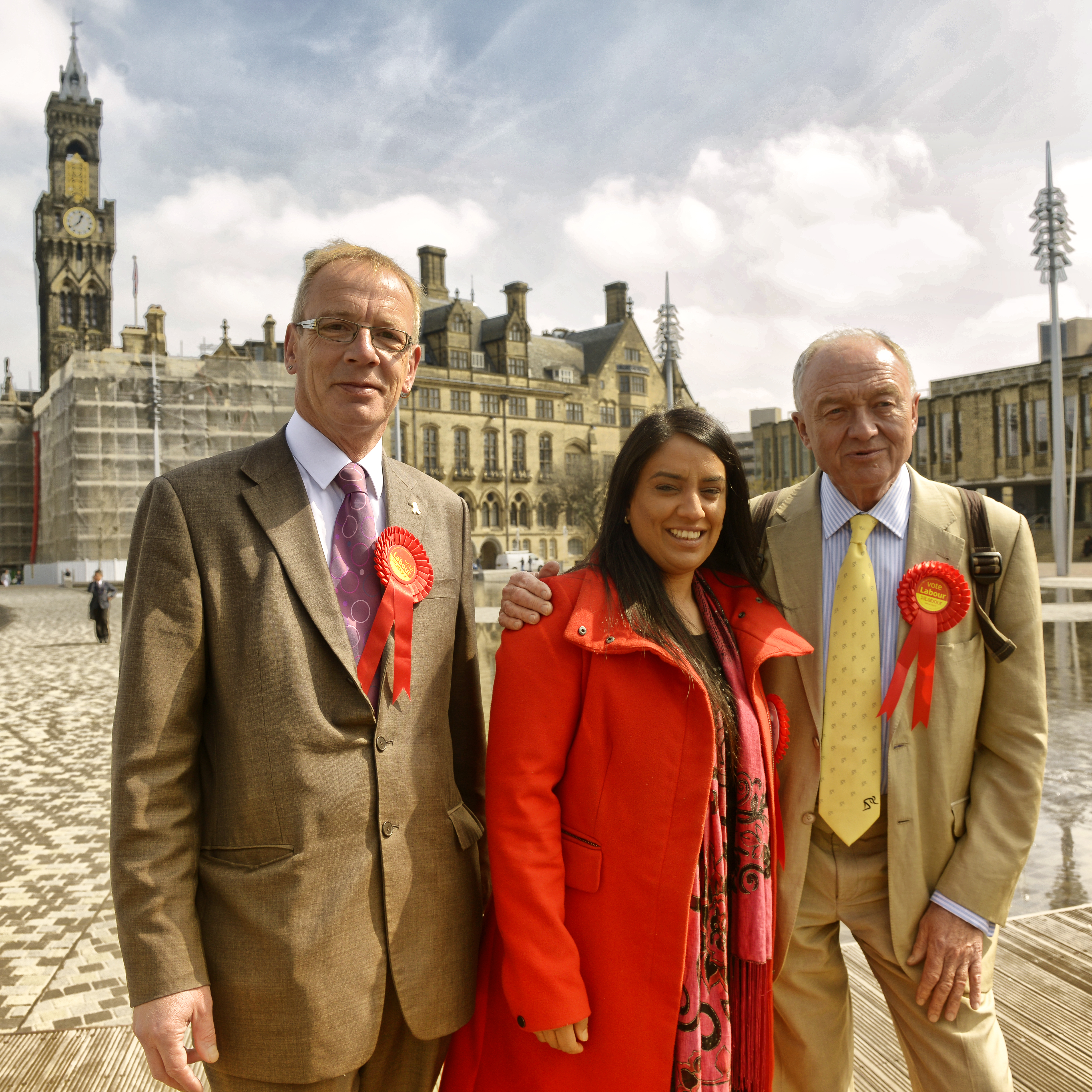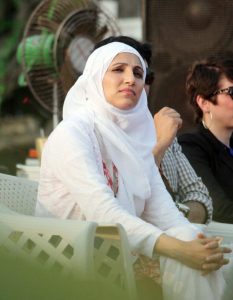By Khadija Khan
The row between Labour shadow minister Naz Shah and prospective candidate for West Midlands Metro Mayor Salma Yaqoob reflects the abominable situations within Muslim communities, where women have to grapple with a doubled-edged sword in order to get to positions of power.
It is unfathomable how difficult it is for women of Muslim heritage to excel when men are disproportionately in top positions, and some women try to put down women also of Muslim heritage through smears and mudslinging.
Shah accused Yaqoob of being unfit to be a Labour candidate after running a “despicable” campaign against her in Bradford in 2017.
The accusations levelled against Yaqoob are serious. She has been accused of exploiting patriarchal politics among the Kashmiri and Pakistani communities, after which Shah said she twice contemplated suicide.
With dubious denials, Yaqoob claims that Shah has refused her public apology which, at the very least, appears to be a feeble excuse.
What Yaqoob did to Shah is reprehensible. It is unacceptable how a woman emboldened a bunch of misogynists to question a woman’s character. The pattern seems to show that Yaqoob chose to climb the ladder of success at the expense of another woman’s dignity, which was only possible by toeing the line constructed by misogynist men. This is condemnable, reckless and unacceptable by all means.
However, the question remains why, despite Muslim women being in prominent positions in British politics, has this misogynistic and patriarchal set up within British Muslim communities remained largely unchallenged so far?
It is evident that there has been a complicit and deafening silence over the issues relating to British Muslim women’s welfare that allowed this patriarchal set up to continue.
I am saying this with a heavy heart, but the system that put Shah’s dignity on trial is the same system she has been staunchly protecting from much scrutiny during her years as an MP.
The silence was briefly broken with the blaring resentment between Shah and Yaqoob, only when it threatened to engulf their own integrity as politicians.
This exposes how these powerful women failed to challenge the systematic exploitation of women within their own communities, except when they felt the heat.
Some British south Asian communities are drenched in misogyny, patriarchy and clan-based politics. Men remain in dominant positions, so it is very challenging for women to excel in the political and social discourse.
Ironically, women like Shah and Yaqoob have made progress in politics, but they did little to eliminate the religious and conservative biases that justify discrimination against Muslim women.
Putting a woman’s character unabashedly on trial for political gains is, to me, as scathing as keeping silent on the exploitation of women at Sharia councils.
Both Yaqoob and Shah have benefited, in different ways, from the same patriarchal and misogynistic set up they claim to fight against.
Paradoxically, Shah, who claims to be the victim of this deep-rooted misogyny and patriarchy within Muslim communities, has been supporting the existence of these Sharia councils where Muslim women face discrimination.
Muslim women have to go through Sharia councils that frequently endorse the sexual, physical and mental exploitation of Muslim women. This provides impunity to some men and allows them to maintain control over the lives of vulnerable women.
Elham Manea, an expert in Islamic law and human rights, visited sharia ‘courts’ in the UK, where she interviewed clerics from 80 Sharia councils.
In her book “Women and Shari’a Law: The Impact of Legal Pluralism in the UK,” she documented how the Islamist ideology behind sharia councils condones wife-beating and polygamy, disregards the claims of marital rape and gives fathers guardianship rights over children.
Sadly, Shah has been supportive of these councils that seem to justify the abuse of women, if done in accordance with religion.
While acknowledging that these councils could be used as a tool to deny women their rights, Shah said that they also serve as valuable arbitrators in marital disputes. She defended sharia councils, arguing that these courts were “complementary” to British law.
This was coming from a woman who has been through tough ordeals in her life, due to the patriarchy and misogyny within her own community.
Though she conceded that British law should take precedence over any Sharia rulings and admitted the ‘courts’ could be used to “oppress women,” she still tried to shut down all genuine criticism on the performance of Sharia councils by claiming that the Muslim community sees inquiry into them as “Islamophobic” and “racist.”

Furthermore, not only did she attack fellow MP Sarah Champion for speaking out on the Rotherham grooming gang scandal, but also liked a tweet saying girls who were abused “should keep their mouths shut for the good of diversity.”
Nothing can justify what Yaqoob did to Shah for political gains. It is just sad to see the latter complaining about misogyny and patriarchy within the same south Asian communities only because she found herself being in the crossfire of this oppressive system.
This implicit bias against women comes from interpretations of religion and the patriarchal culture that have deep roots in certain societies.
Perhaps this is why even some Muslim women don’t hesitate in launching silent daggers against other women by playing down their sufferings.
Those women in power should realise that while they have overcome some of their own struggles, there are countless others who are tirelessly fighting for justice.
Family matters are not regarded as theological matters in the 21st century. Women’s rights can’t be compromised for the sake of the community’s so-called “honour” and for the preservation of religious values.
Muslim women in power should face up to their own biases and challenge them head on. Only secular values which mandate equality for women can safeguard women’s rights.
The time has come out to unequivocally call out prejudice against women, which has been normalised in the name of religious and cultural ethos within our communities.

Khadija Khan is a journalist and commentator based in Germany. You can follow her on Twitter.

